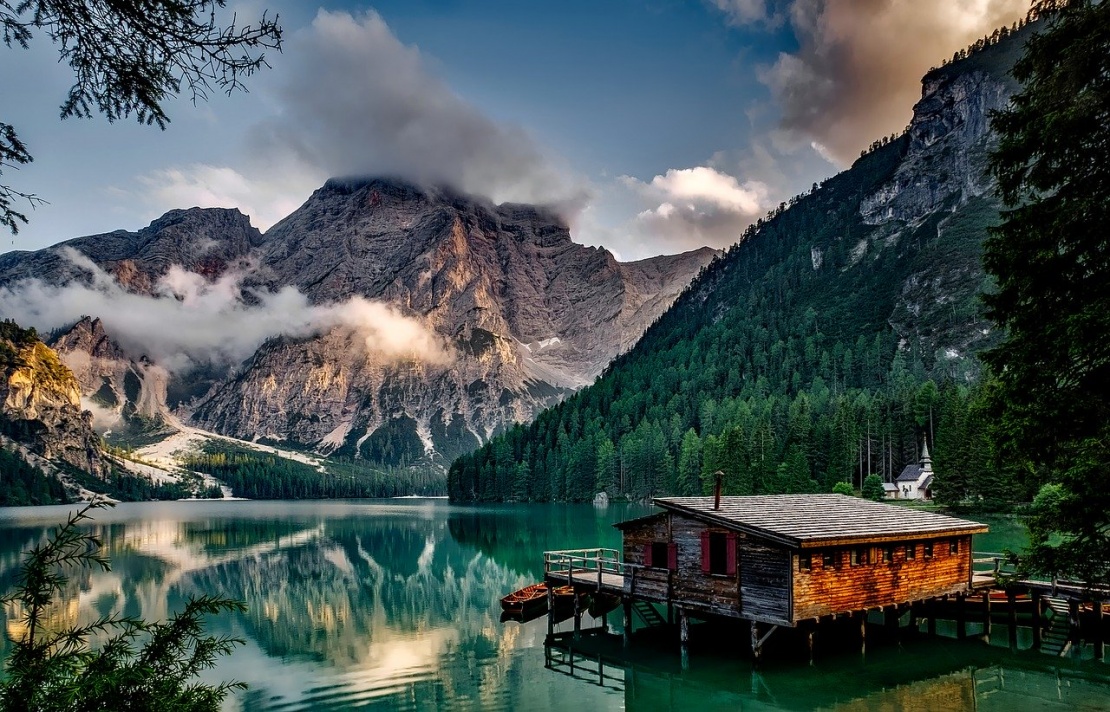
It is difficult to grasp the significance of the problem until it affects you personally. Take climate change as an example. Living in a comfortable urban environment, we forget about the difficulties people in other parts of the world face every day. Many of them are already forced to fight for their existence. How soon will the world happen to be in this situation if we continue to ignore climate change?
The documentary "Home" is one of the best visualizations of what is happening on the planet. So, we decided to discuss this amazing movie. Today we would like to talk about the scars of the Earth caused by human activities.
Home is a collaboration between world-renowned wildlife photographer Yann Arthus-Bertrand and iconic director Luc Besson. Incredible, picturesque views of the Earth from a bird's eye view are accompanied by a story about natural disasters threatening the planet.
This film is in the public domain. The creators' message is to warn humanity about the consequences of climate change that exist today and pose a threat to the future.
As the director of the film "Home", Yann Arthus-Bertrand says:
"The profit that we expect from the film is not calculated in dollars or euros, but in the number of people who will watch the film and seriously think about the problem."
We are used to consuming and littering our home - the Earth.
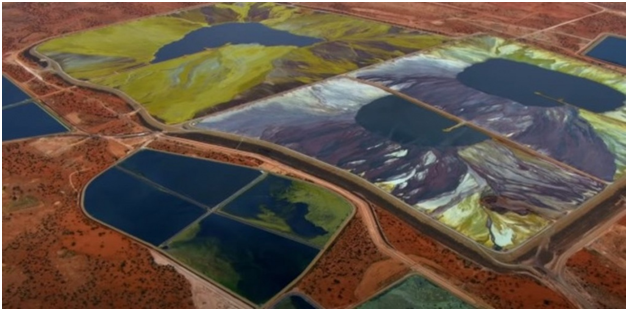
Our unwillingness to change habits to preserve natural resources has led to the lack of normal living conditions in some parts of the planet.
And the problem is not that there are 7 billion humans on the planet, but the tremendous inequality and the absence of a basic sense of food proportioning. 80 percent of all produced resources (food, water, energy, material goods) are consumed by only 20 percent of the world's population. Half of the world's wealth is "legally" owned by 2 percent of the population. Meanwhile, 17 percent live in a dangerous, hostile, overpopulated environment, without the ability to meet their basic needs.
Often the situation does not even depend on the country, its economic level or political development. All over the world, we see examples of a barbaric attitude towards our home - the Earth.
Throughout the film, we see how unwisely natural resources are consumed, the consequences of technological progress. This is the barbaric extraction of oil, minerals, deforestation of eucalyptus forests, and soil pollution with chemicals ...
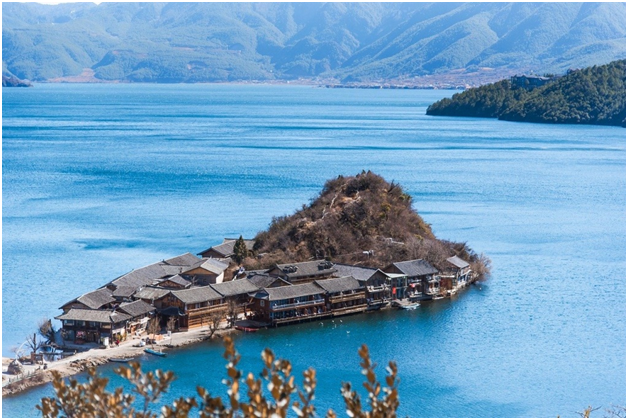
How are things going in countries that satisfy the needs of not only the people of their country but also the whole world? In one of the world's largest industrial centers, China, two coal-fired power plants are appeared daily. As a result, a considerable stream of toxic substances is thrown into the air, which leads to an increase in the risk of chronic, incurable diseases and congenital disabilities.
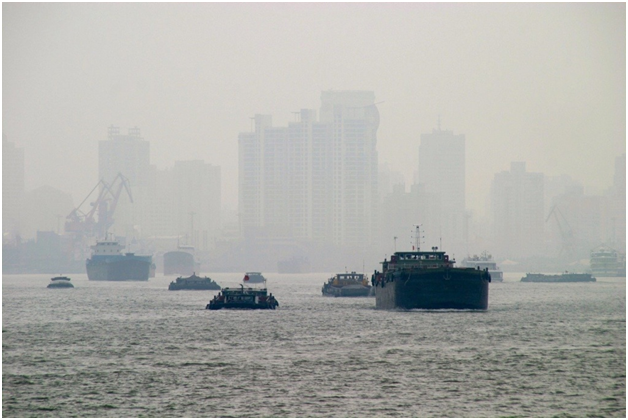
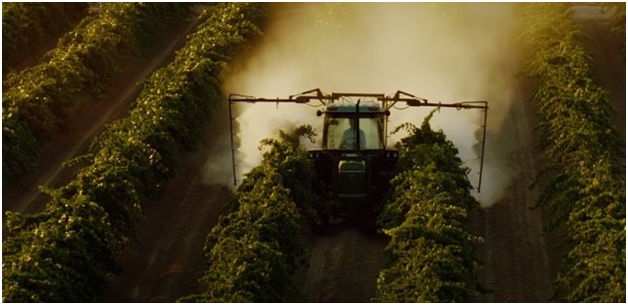
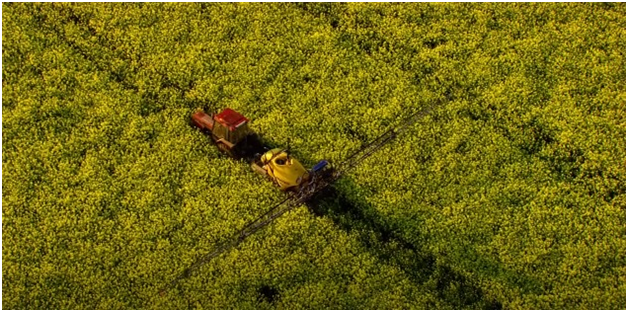
Even world powers living by the most progressive standards can abandon urban amenities in favour of food and other natural resources.

When travelling from one country to another, the film crew faced misunderstandings from the authorities as well as prohibitions and restrictions. People still do not realize how tangible the problem of climate change is. Therefore, such films are a great opportunity to raise awareness of the threat. However, for some state authorities, such films are nothing else than another attempt to get rare footage and tell about something insignificant. But this movie has proved otherwise. The problem exists, and only we can solve it.
I think even the obstacles in filming the movie showed the need to raise awareness about environmental issues.
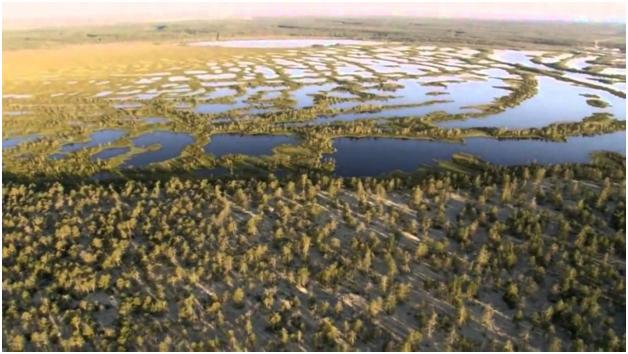
The filmmakers compare our planet with a human organism, reinforcing this concept with bird' s-eye views of different parts of the world.
Especially interesting for me was the comparison of swamps with the human body. As you can see from the footage from the film, swamps look very similar to human kidneys. The function of bogs also has a lot to do with the human kidneys. After all, it is the swamps that are responsible for the purification of water resources on our planet. After such unexpected "coincidences" you understand - the planet is alive ...
But why do we not care about the Earth as our own organism? We began to get rid of "food waste" to maintain our body healthy. We devote a lot of time to sports; we carefully select the nutrition we eat. However, our planet requires no less care. This is the same organism. And now, as never before, it needs restoration and strengthening of immunity.
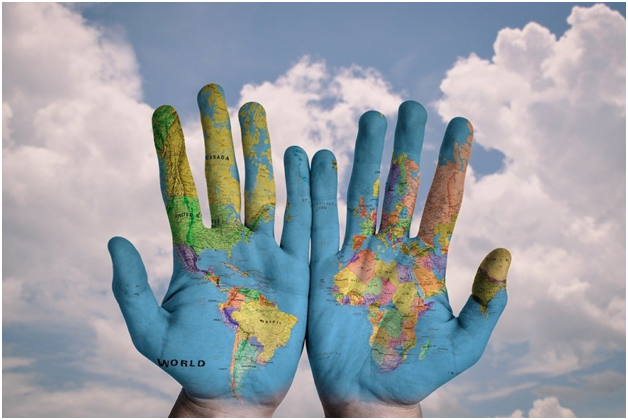
The documentary "Home" is another confirmation that this is the time to join forces and save our common home - the Earth.
We are used to consuming and littering our home - the Earth.
____________
![]()